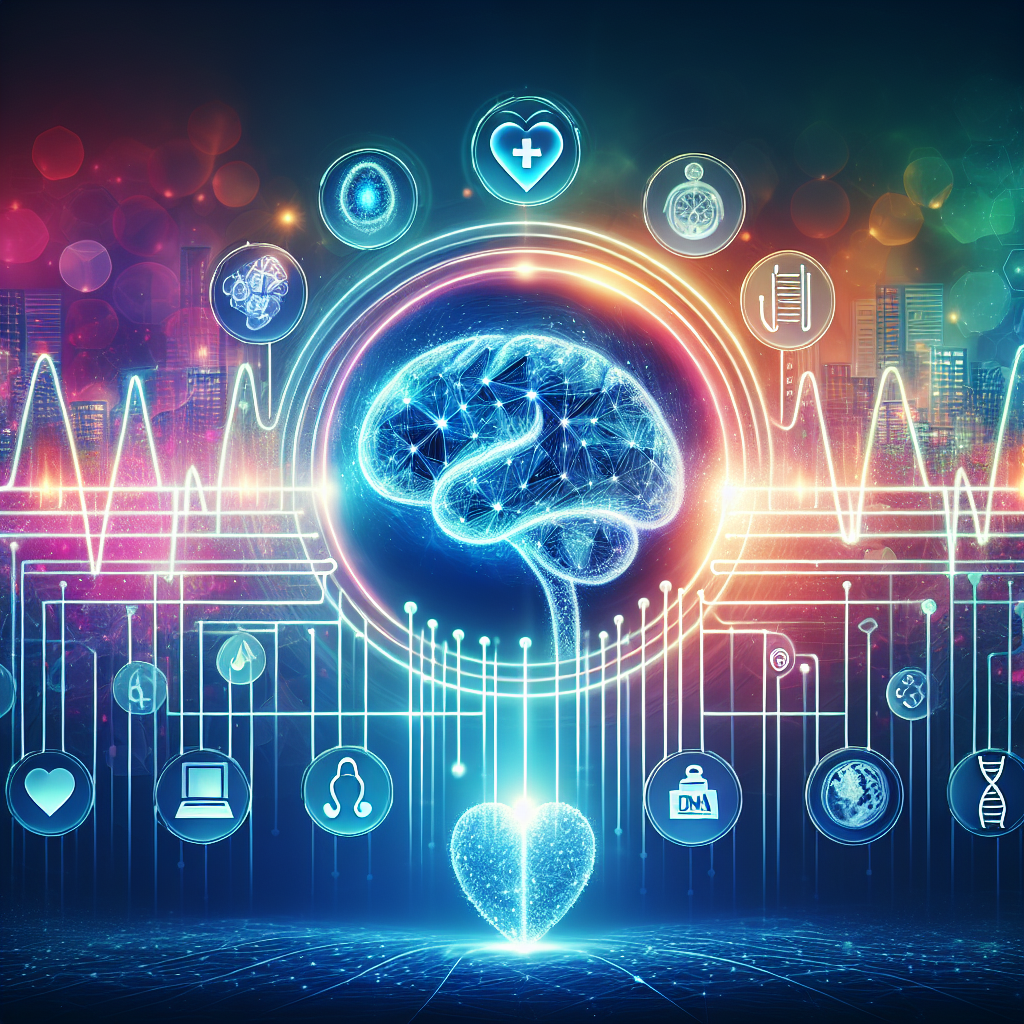Artificial General Intelligence (AGI) is a groundbreaking technology that has the potential to revolutionize the healthcare industry. AGI refers to a type of artificial intelligence that possesses human-like cognitive abilities, such as reasoning, problem-solving, and learning from experience. In the context of healthcare, AGI has the potential to transform how medical professionals diagnose and treat patients, improve the accuracy and efficiency of medical procedures, and revolutionize the way healthcare systems operate.
AGI in Healthcare: How AI is Transforming the Industry
AI in Healthcare: Current Applications
The use of artificial intelligence in healthcare is not a new concept. In fact, AI has been used in various healthcare applications for years, from medical imaging to electronic health records. However, the emergence of AGI promises to take AI in healthcare to the next level. AGI has the potential to analyze vast amounts of medical data, identify patterns and trends that human experts may miss, and provide personalized treatment recommendations for patients.
One of the most promising applications of AGI in healthcare is in medical imaging. AGI-powered systems can analyze medical images, such as X-rays, MRIs, and CT scans, with greater accuracy and speed than human radiologists. This can help healthcare providers detect diseases and conditions earlier, leading to more effective treatment and improved patient outcomes.
Another area where AGI is making a significant impact is in drug discovery and development. AGI-powered algorithms can sift through vast amounts of scientific literature, clinical trial data, and genetic information to identify potential drug candidates and predict how they will interact with the human body. This can help pharmaceutical companies bring new drugs to market faster and more efficiently.
AGI is also being used to improve the efficiency of healthcare systems. AGI-powered algorithms can analyze patient data to identify individuals at risk for certain diseases, predict hospital readmissions, and optimize treatment plans. This can help healthcare providers deliver more personalized care, reduce healthcare costs, and improve patient satisfaction.
Challenges and Opportunities
While the potential benefits of AGI in healthcare are vast, there are also significant challenges that must be addressed. One of the biggest challenges is ensuring the privacy and security of patient data. AGI-powered systems rely on vast amounts of sensitive patient information to make accurate predictions and recommendations. This raises concerns about data breaches, misuse of data, and patient consent.
Another challenge is the need for healthcare professionals to trust and adopt AGI-powered systems. Many healthcare providers may be hesitant to rely on AI for critical medical decisions, fearing that AI may make mistakes or overlook important information. Building trust in AGI will require robust testing, validation, and transparency in how AI systems make decisions.
Despite these challenges, the opportunities for AGI in healthcare are immense. AGI has the potential to transform how healthcare is delivered, improve patient outcomes, and reduce healthcare costs. By harnessing the power of AGI, healthcare providers can deliver more personalized, efficient, and effective care to patients.
FAQs
Q: How is AGI different from other types of artificial intelligence?
A: AGI refers to a type of artificial intelligence that possesses human-like cognitive abilities, such as reasoning, problem-solving, and learning from experience. This sets AGI apart from other types of AI, such as narrow AI, which is designed to perform specific tasks, such as image recognition or natural language processing.
Q: How can AGI improve medical imaging?
A: AGI-powered systems can analyze medical images, such as X-rays, MRIs, and CT scans, with greater accuracy and speed than human radiologists. This can help healthcare providers detect diseases and conditions earlier, leading to more effective treatment and improved patient outcomes.
Q: What are the challenges of implementing AGI in healthcare?
A: One of the biggest challenges of implementing AGI in healthcare is ensuring the privacy and security of patient data. AGI-powered systems rely on vast amounts of sensitive patient information to make accurate predictions and recommendations. This raises concerns about data breaches, misuse of data, and patient consent.
Q: How can healthcare providers build trust in AGI-powered systems?
A: Healthcare providers can build trust in AGI-powered systems by demonstrating the accuracy, reliability, and transparency of AI algorithms. Robust testing, validation, and explainability are essential to ensuring that healthcare professionals understand how AI systems make decisions and can trust their recommendations.
In conclusion, AGI has the potential to transform the healthcare industry by improving the accuracy and efficiency of medical procedures, providing personalized treatment recommendations for patients, and optimizing healthcare systems. While there are challenges that must be addressed, the opportunities for AGI in healthcare are immense. By harnessing the power of AGI, healthcare providers can deliver more personalized, efficient, and effective care to patients.

